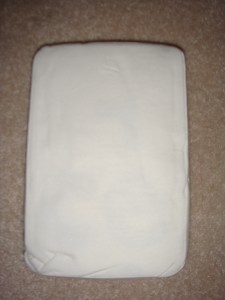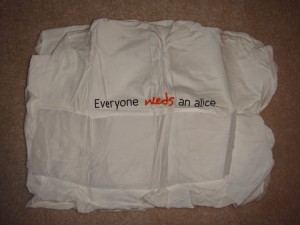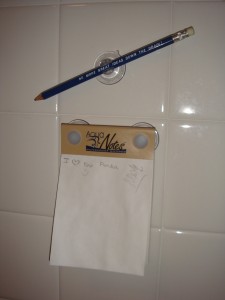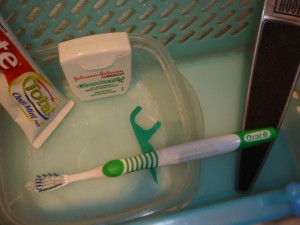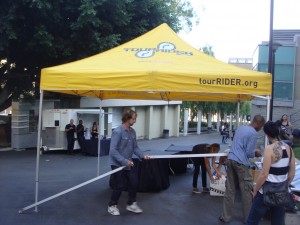As I was putting up pictures from my trip to the Singapore Zoo today, I was once again struck by how open their design is. Carefully camouflaged in the moats and brush surrounding each animal’s area are barriers that have psychologically entrapped them to their designated space. Mostly it looked like electric wiring that taught the animals that once they tried to move out of a certain boundary zone, they’d get hurt. I don’t know if there were other things as well, but the cages that these animals were in were mostly of a mental construct. All you have to do is teach them enough times that going a certain place will cause discomfort or pain and they will soon stop trying to push that boundary again.

If they can climb around like that, they surely have the ability to escape. Maybe they just don't know it.
It made me wonder which is worse – to see the cage you’re being locked up in and know the physical boundaries that way, or to learn the physical boundaries through making mistakes initially and then psychologically maintaining those boundaries, whether or not they still exist. So though it was cool to see those animals with nothing obstructing my view, I hope they aren’t traumatized by this type of captivity. There was also a trade-off between how close you could get for pictures, since there had to be some sort of distance creating a barrier so it appears the animals cannot get to you, whether or not they actually can. At least there’s no fencing in the way of pictures (though there is annoying reflective glass)!
I just hope those animals aren’t suffering mentally because of this sort of subconscious control exerted on them. Just because it makes the experience better for us visitors doesn’t mean that it’s better for the animals too. I sincerely hope that the open layout is a win-win for both sides. I don’t want those poor animals to be paying both physically AND mentally/emotionally just so we can get a better zoo experience. That’s not worth the trade. I’m sure there are those who would argue a zoo in and of itself is not worth it though, so I guess it just depends on how far you want to take it.

